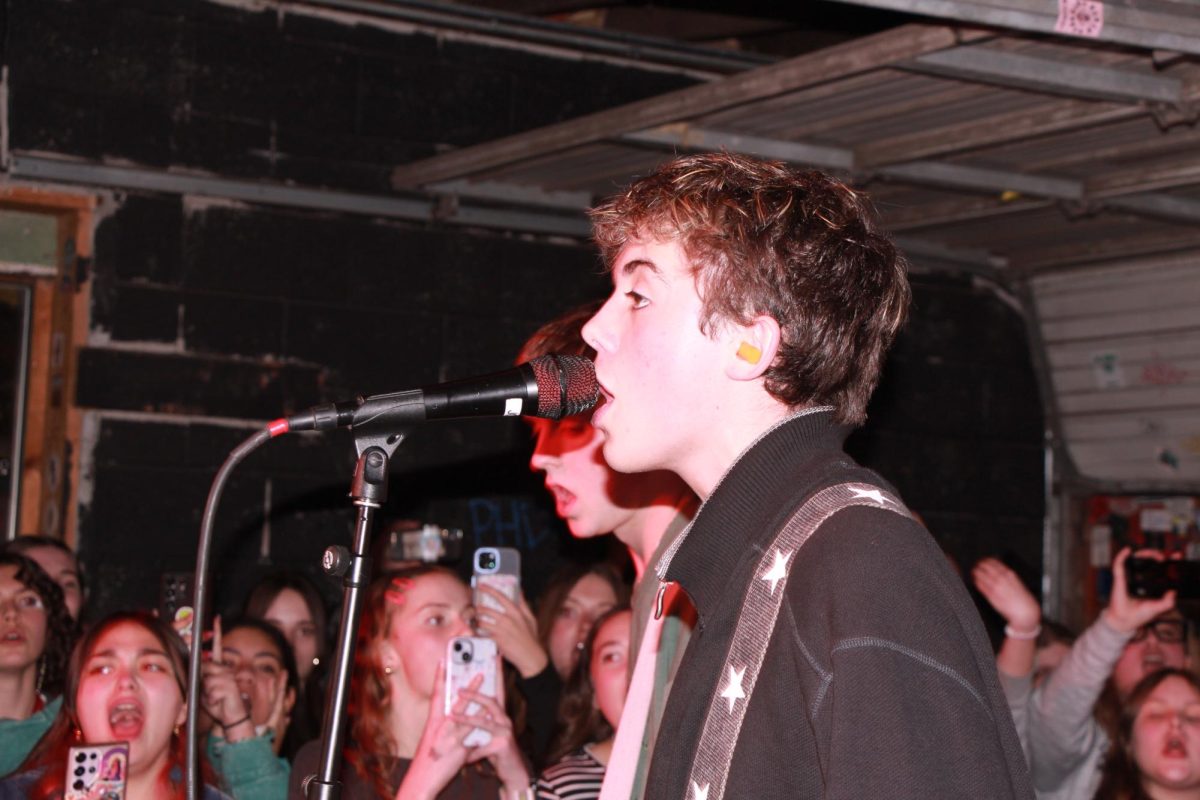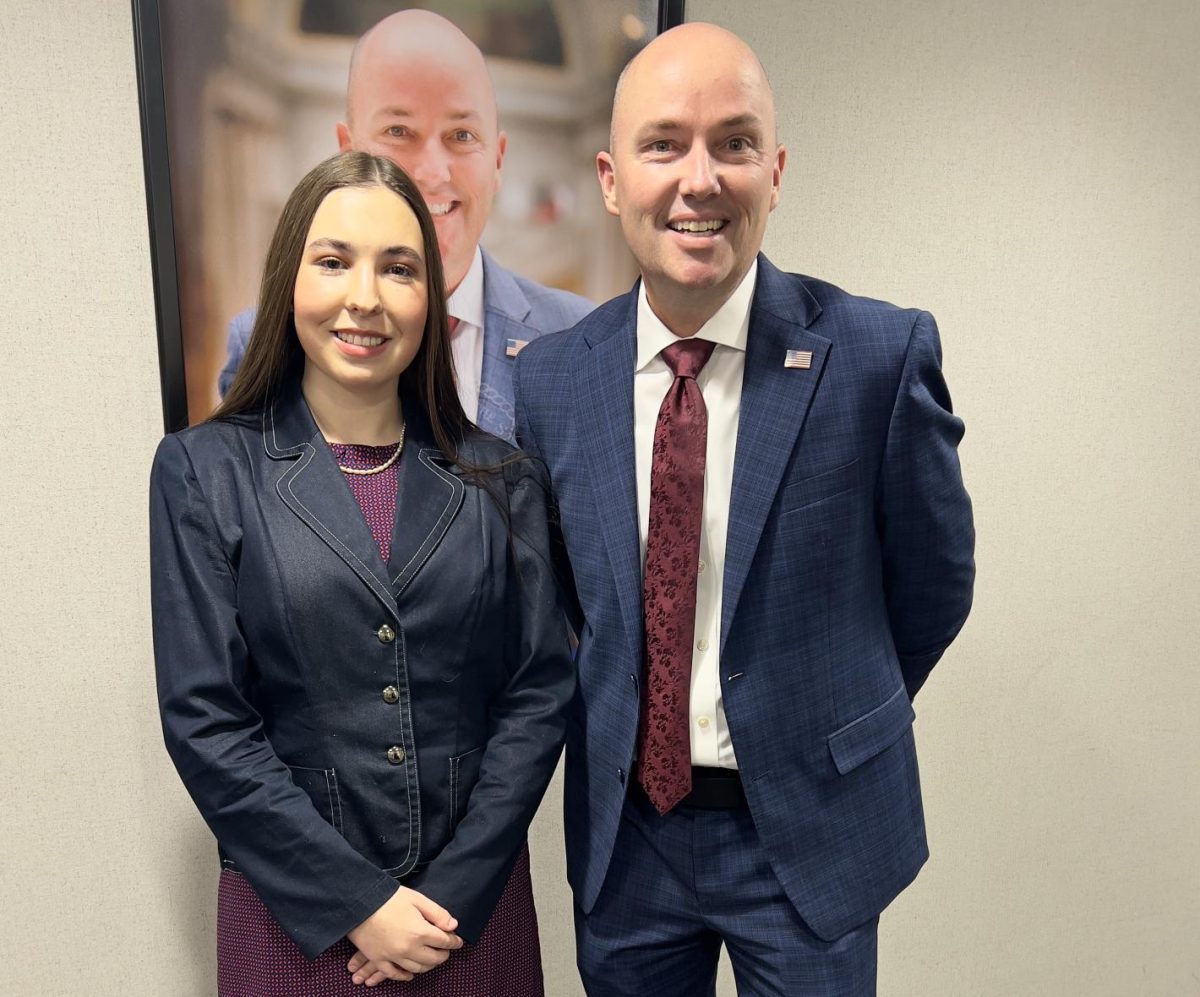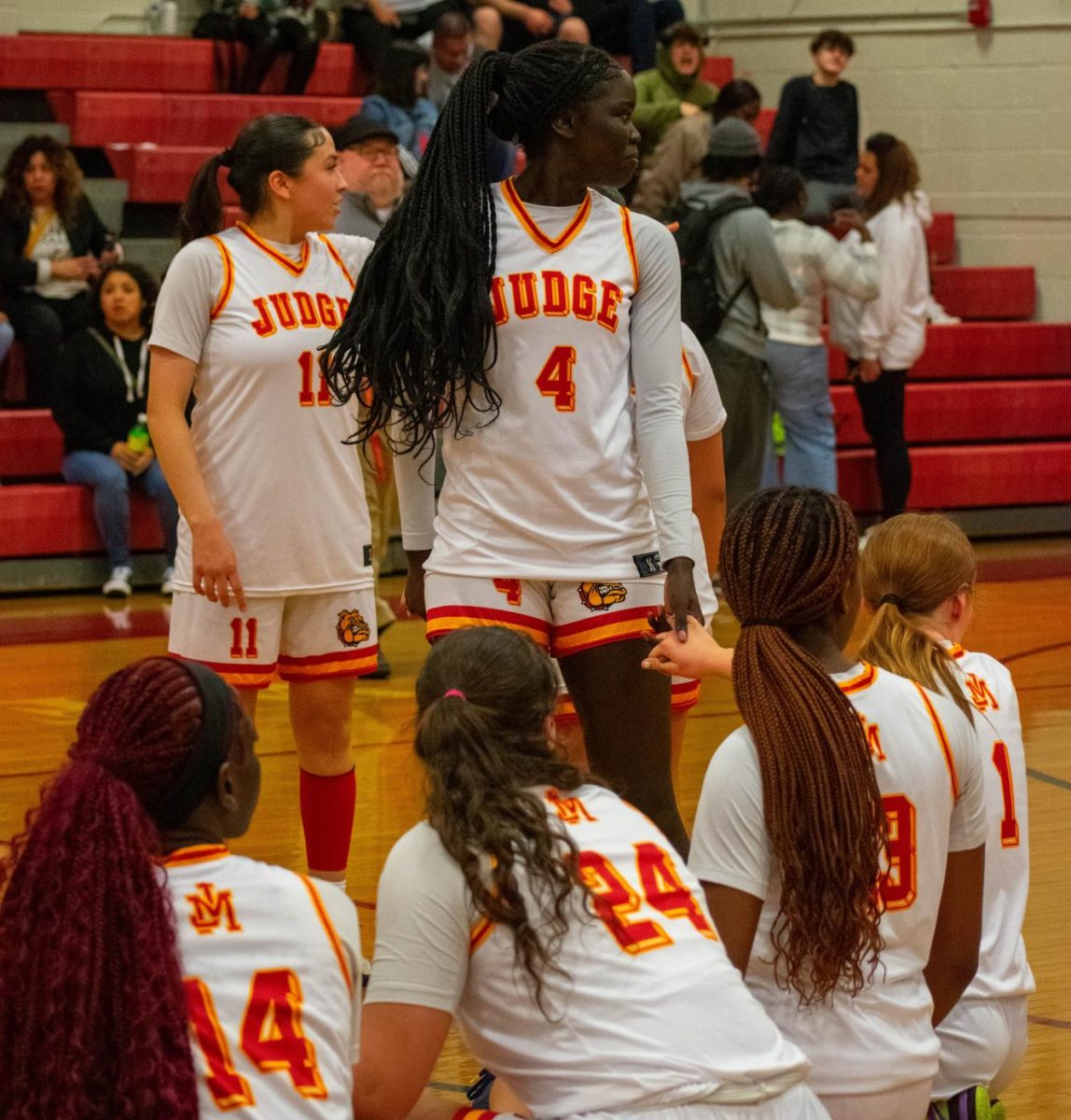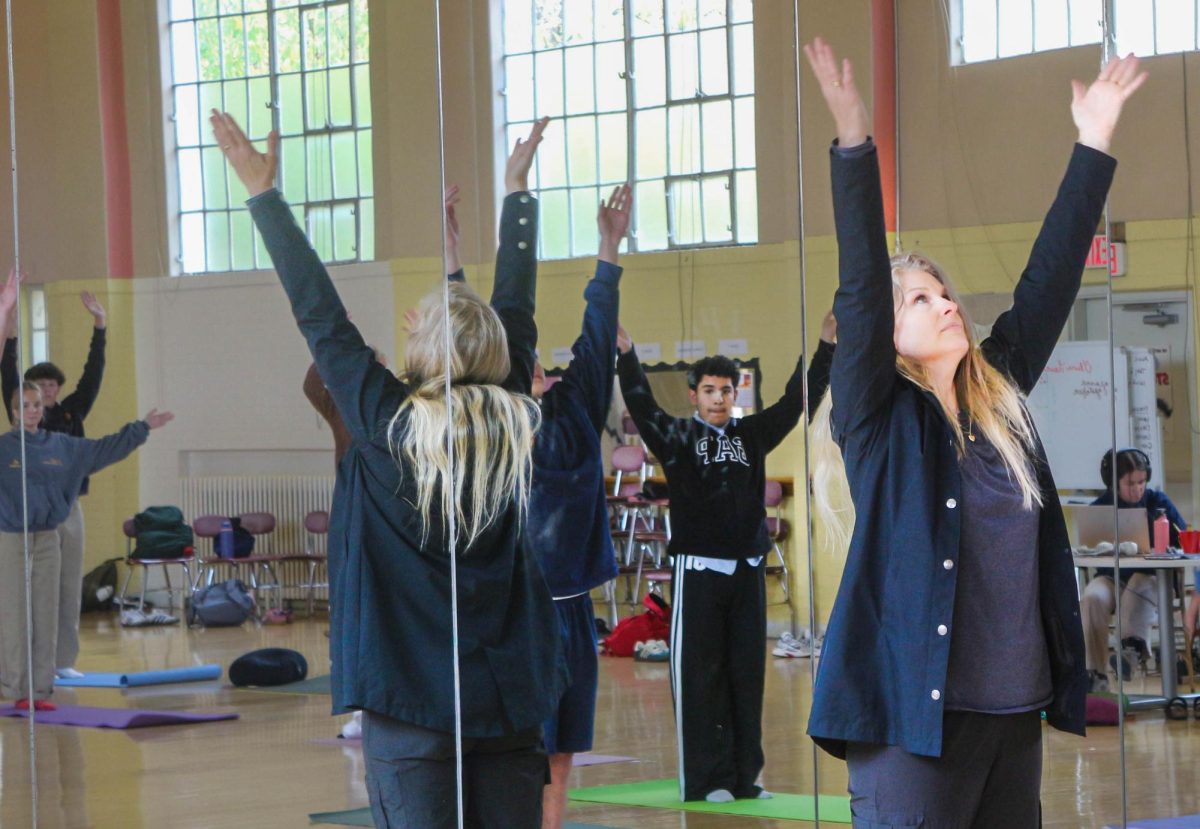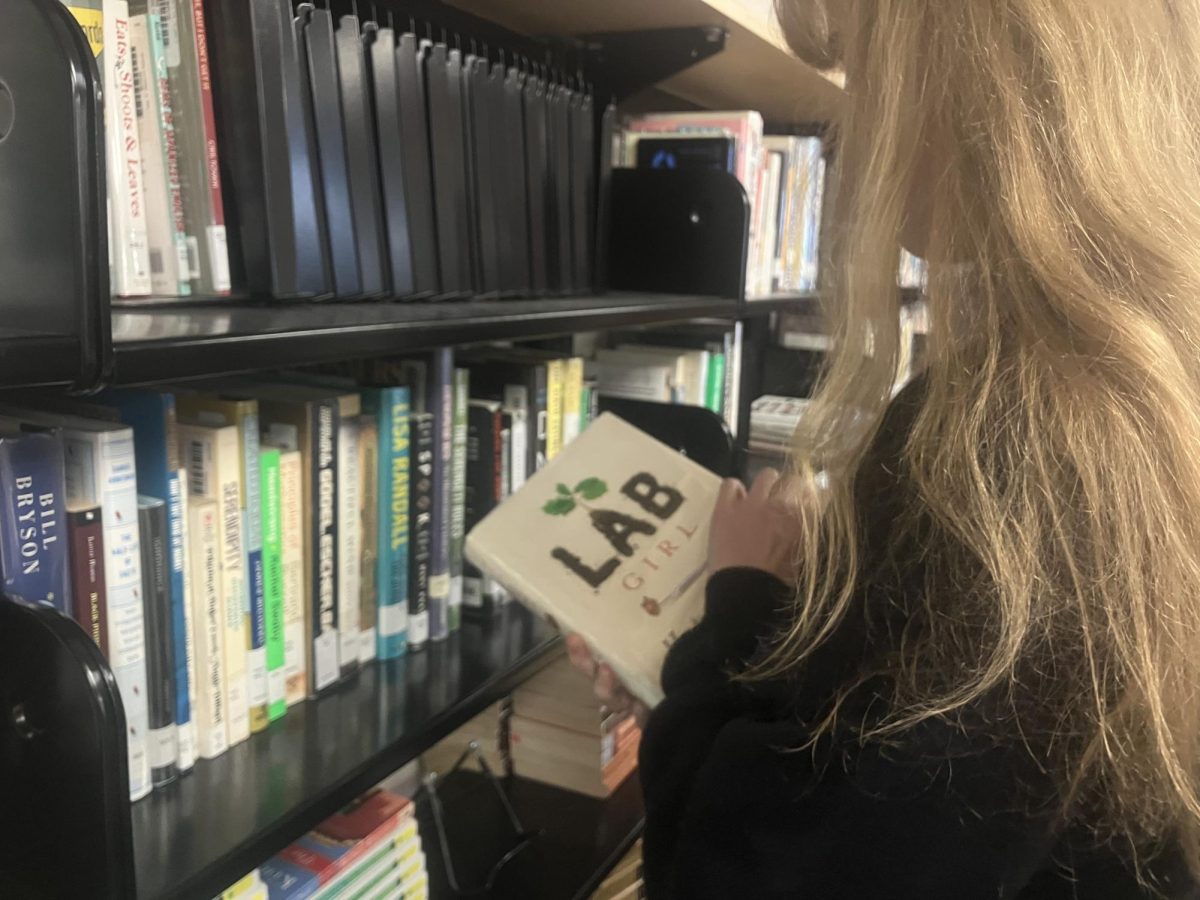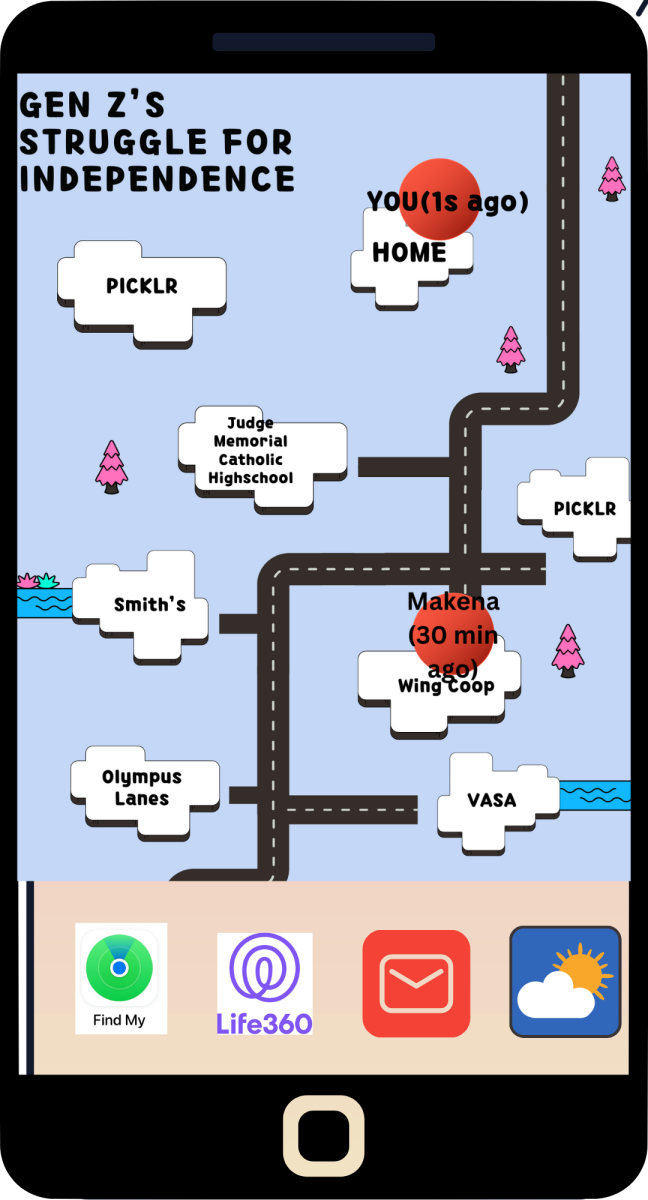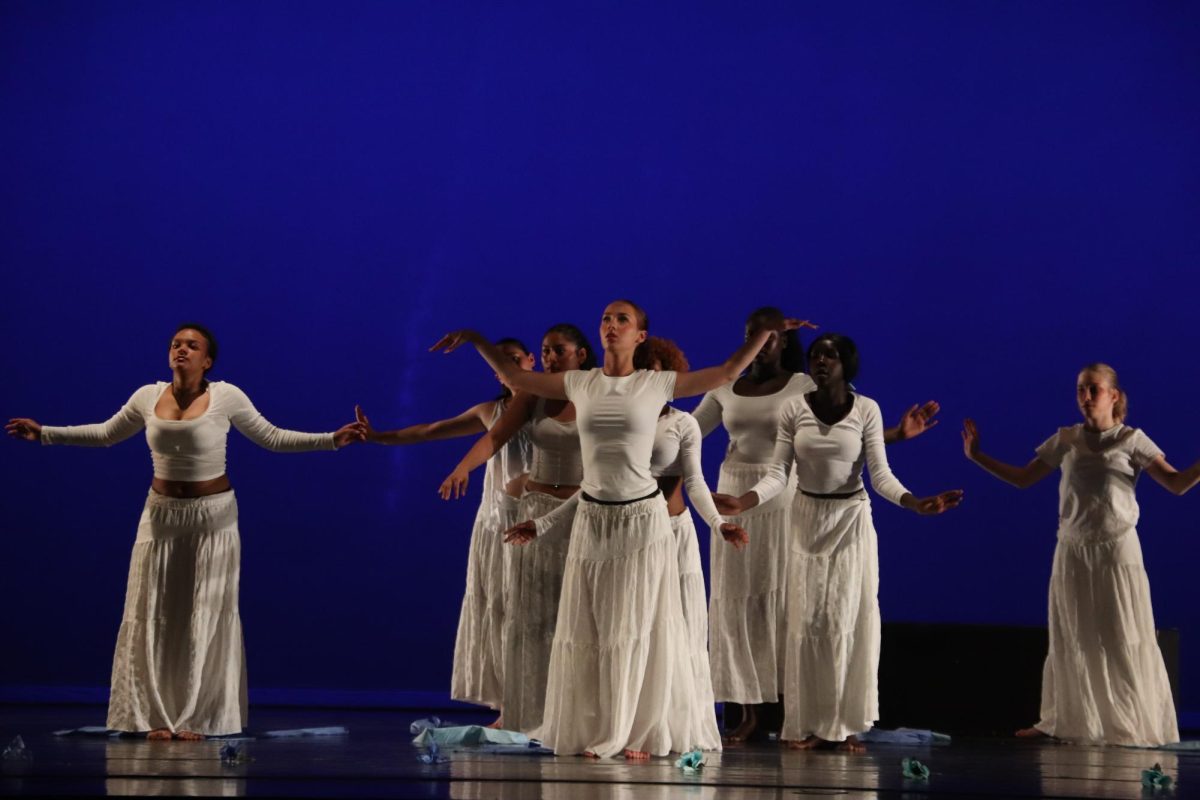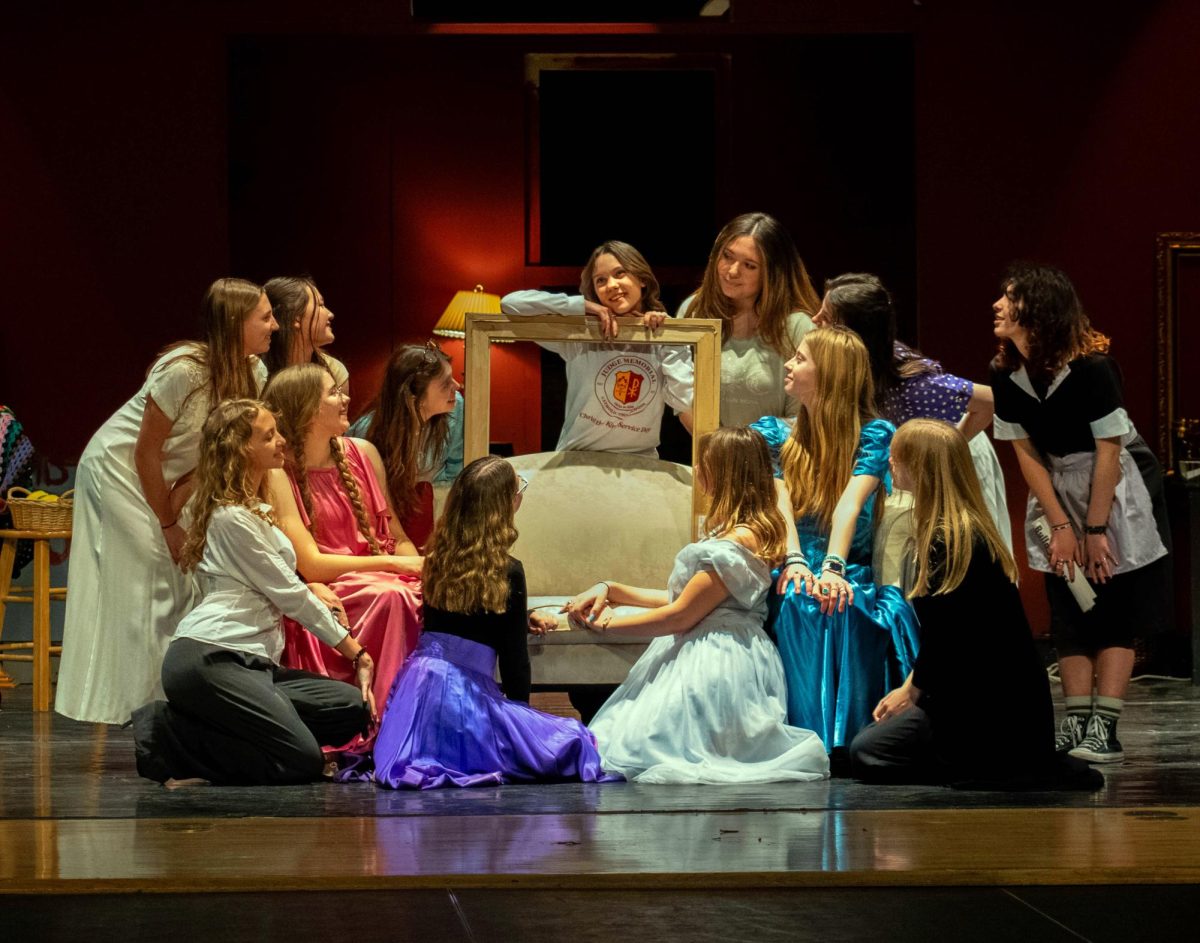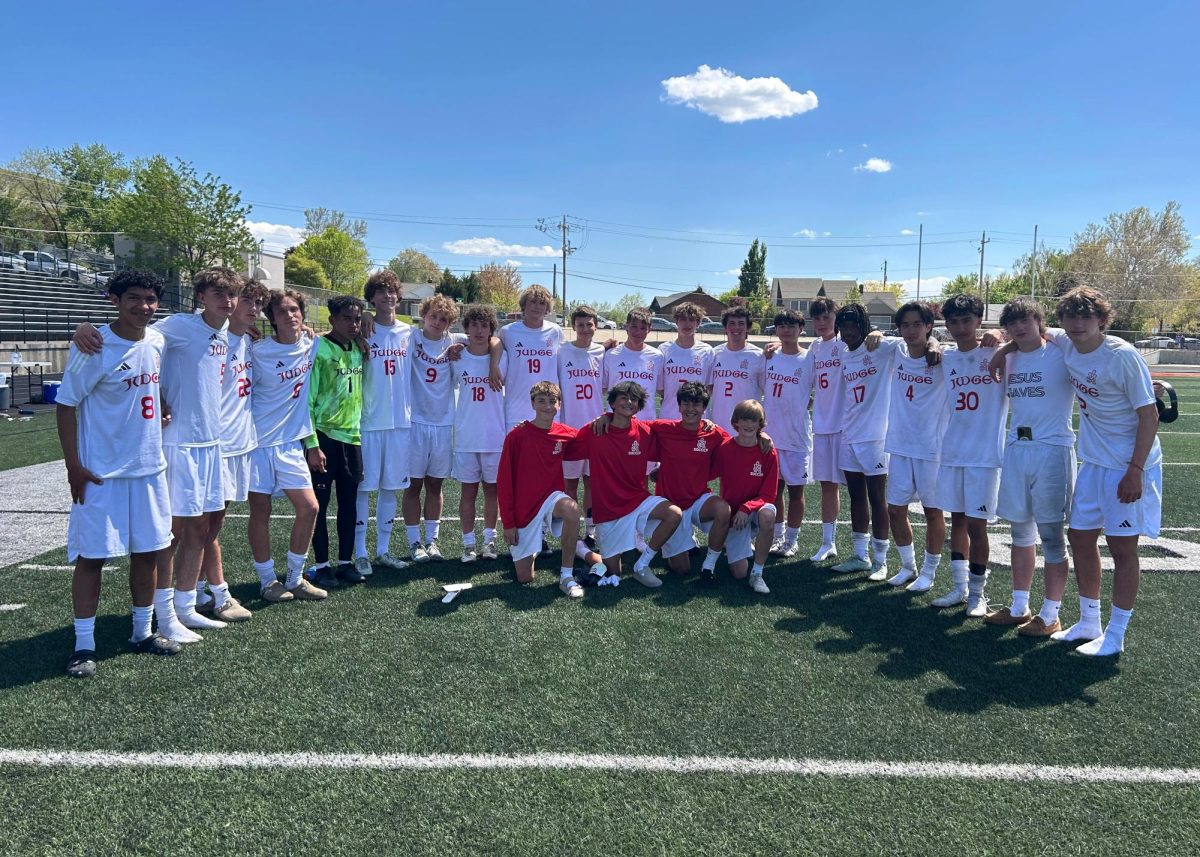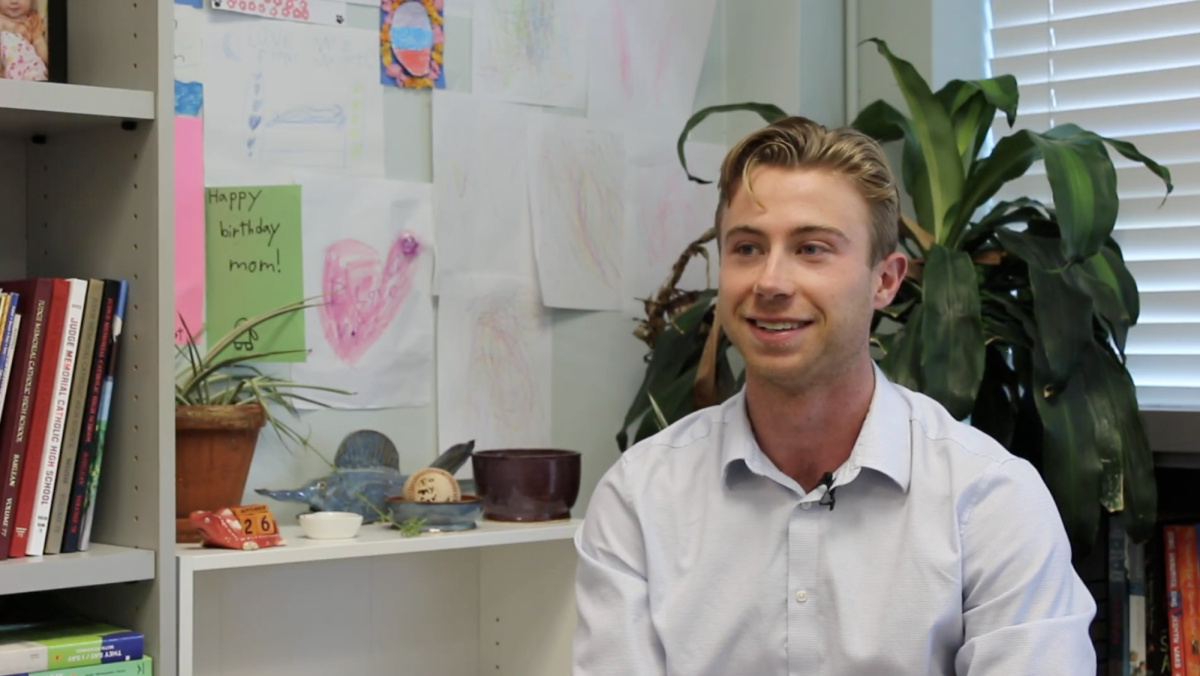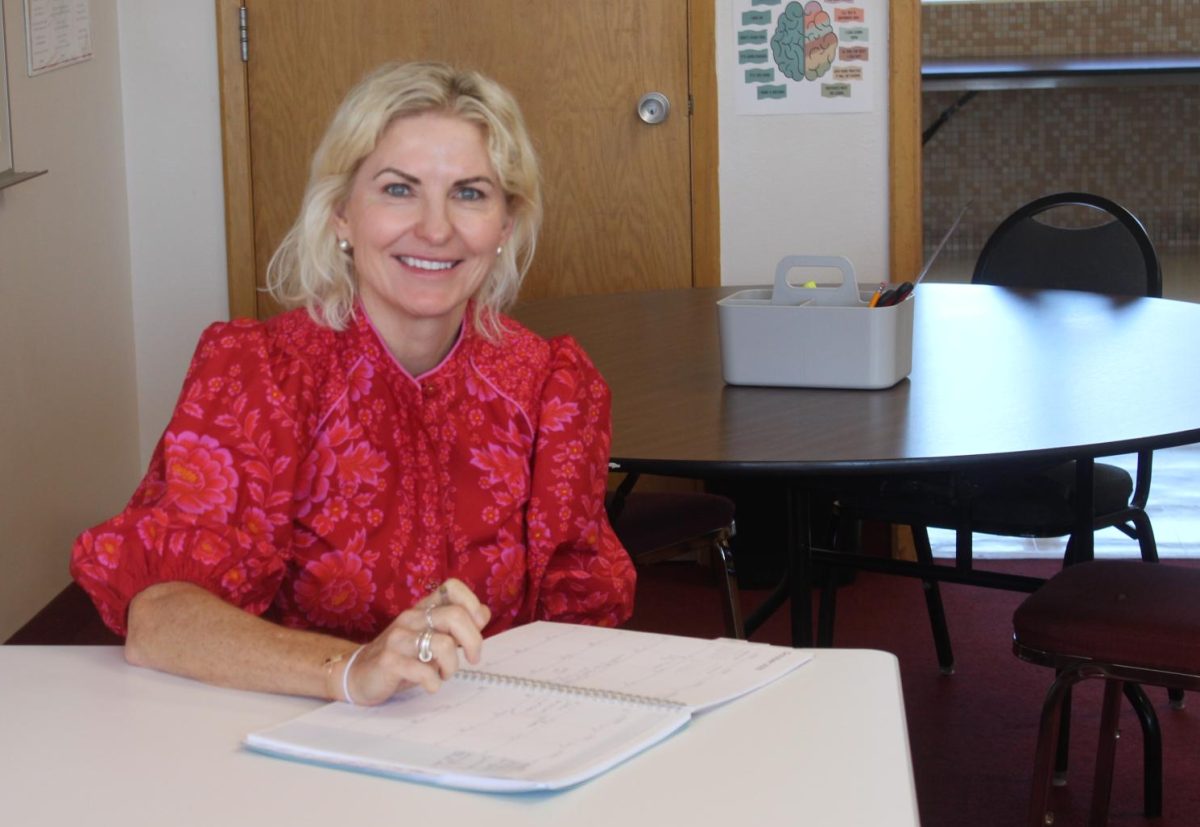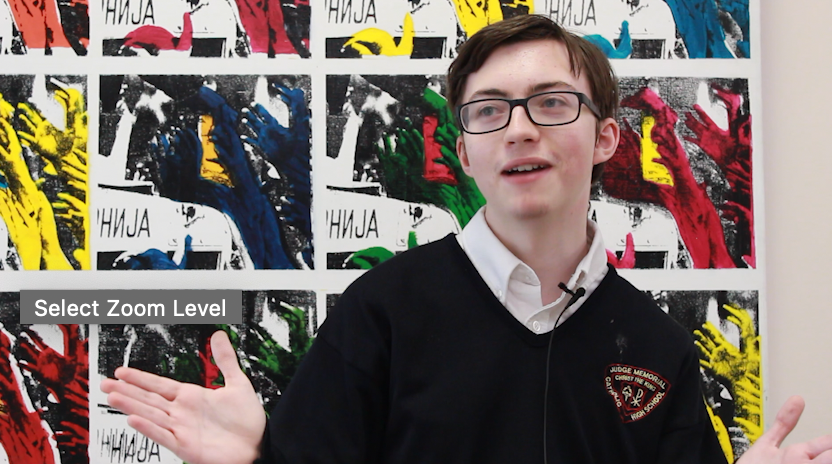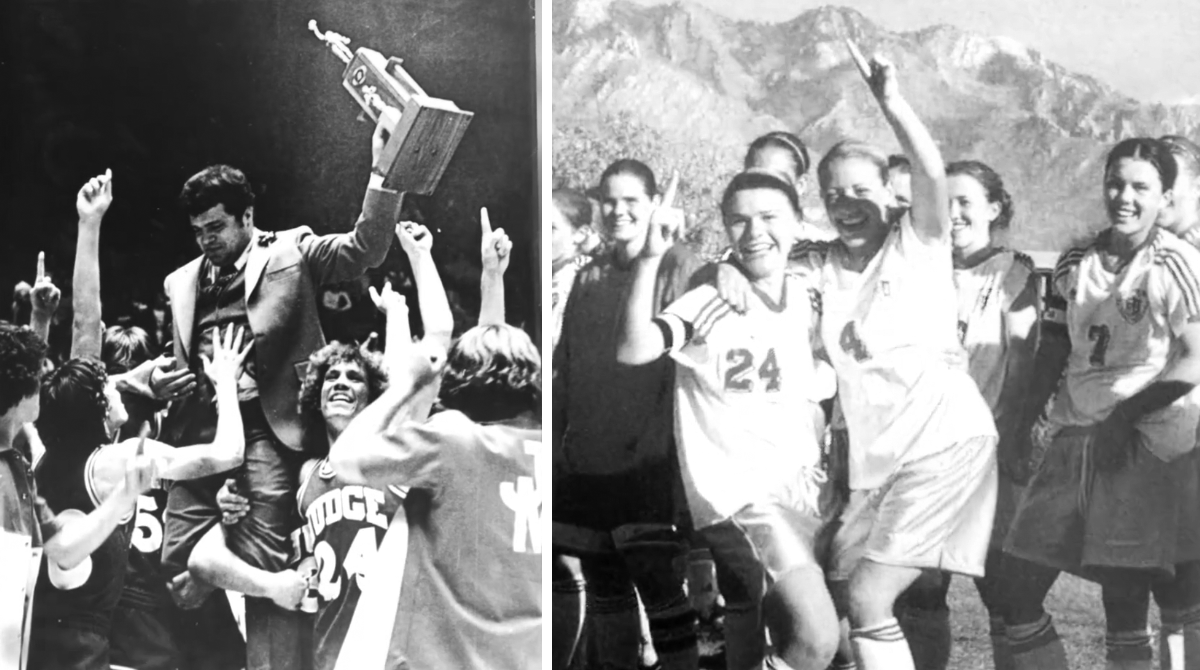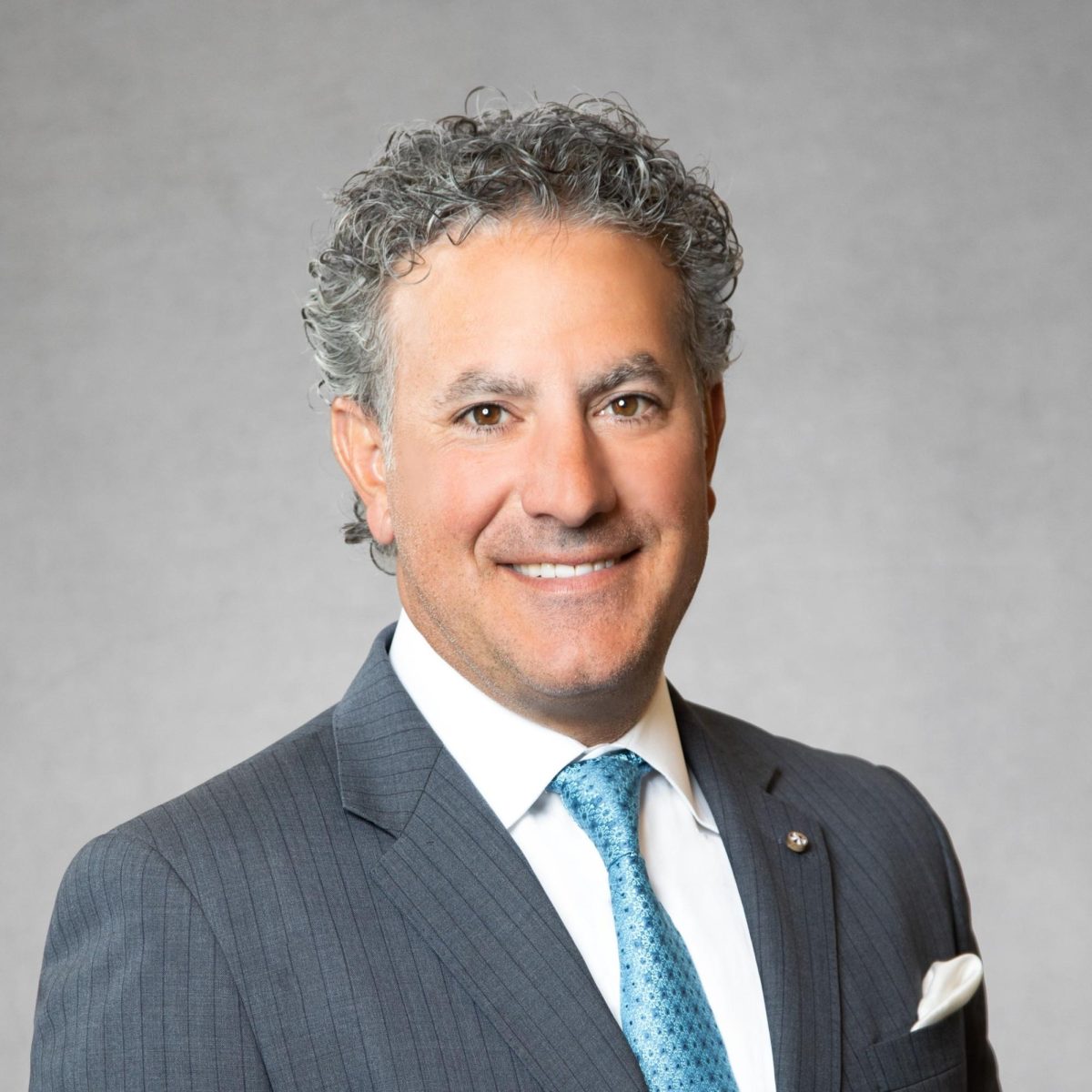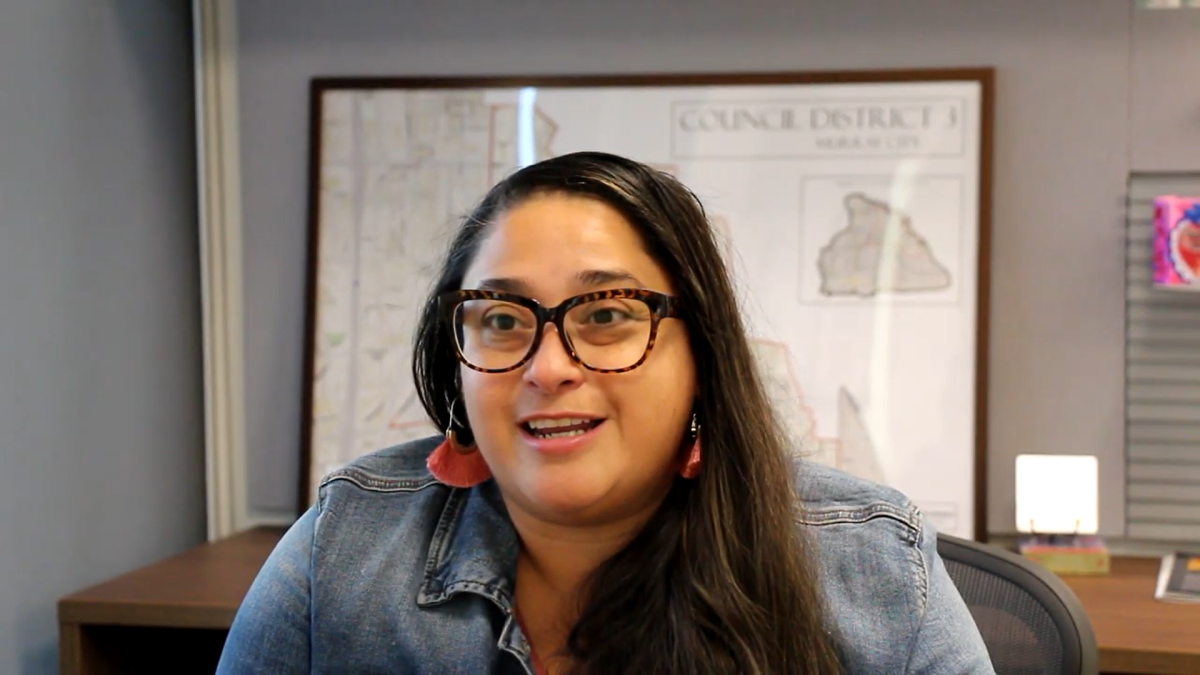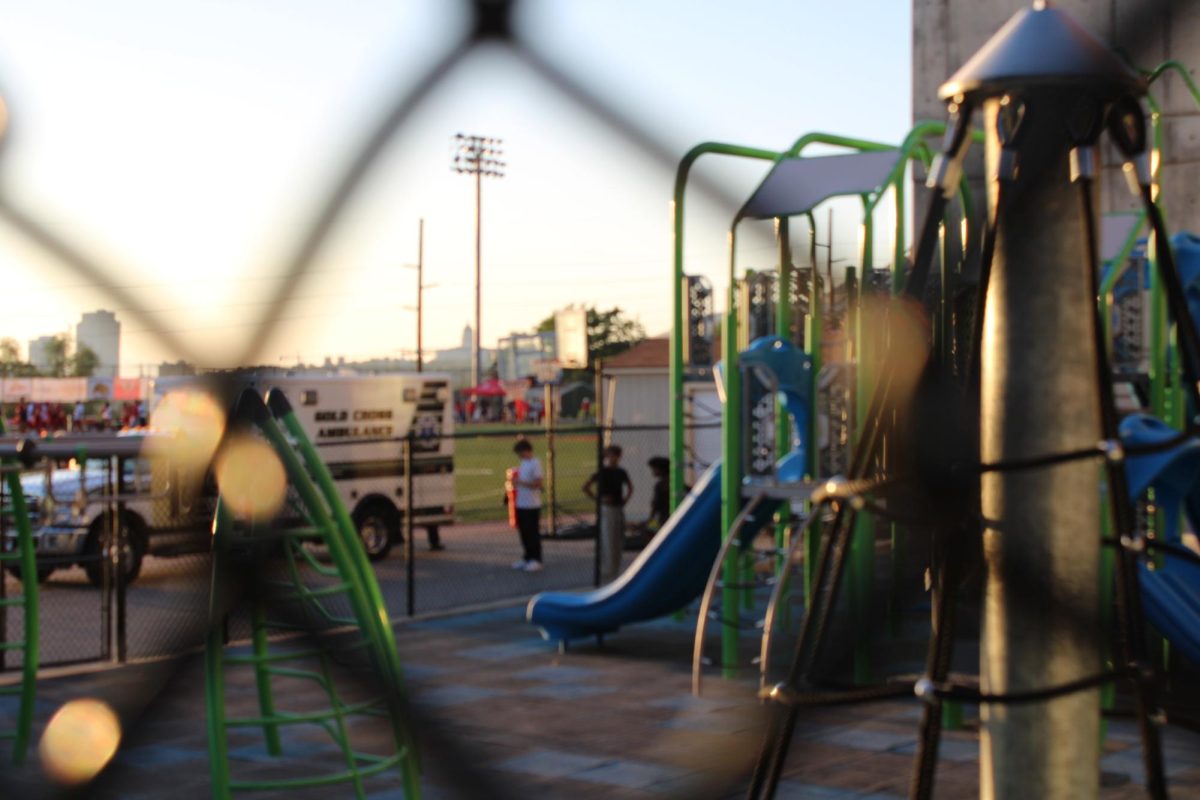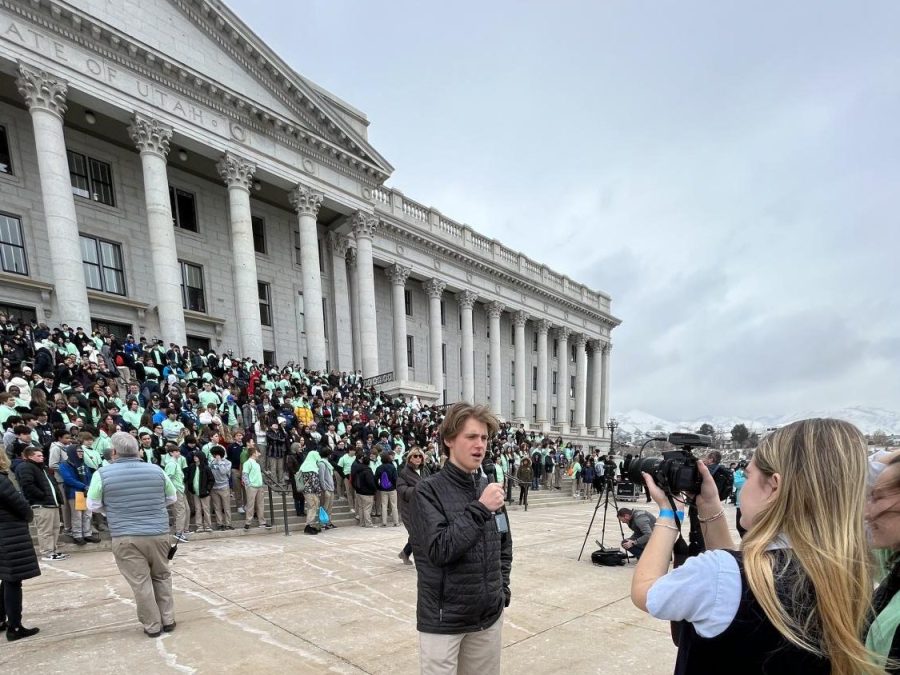Opinion | Beyond what’s inside the bill: HB 215’s true impact
Students from Catholic and private schools attended a rally at the Utah Capitol on Jan. 24.
May 8, 2023
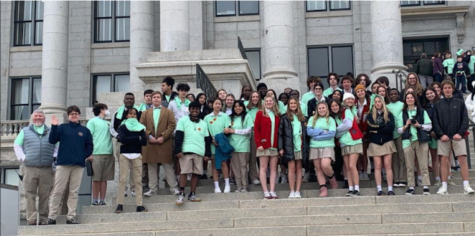
In January, a bill was proposed by student rights activists to the state legislature in the house of representatives. It would state that $42.5 million tax dollars be used by parents to be able to fund education alternatives (private or, more likely, home instead of public school), as well as a relatively significant pay raise for teachers. Yet this bill, titled HB 215, would go on to be one of the most controversial motions supported by our school in our 100 year history.
Let me make clear that I am not here to argue the ethics of this bill. It has already been signed into law, and it’s highly unlikely to be repealed. Today, I’d like to take a different approach and talk about how our school handled their support of it, and what they should fix in the future.
Let’s go back to the very beginning: on the Friday before the rally, all student leaders were brought down to the cafeteria to have a talk with the Dean. He stated that we would be going to the capital on Tuesday to support a bill titled HB215. I had never heard of the bill, and when a few other students and I asked the Dean about it, he gave us a basic rundown. Not much to go off of, but enough to convince me to attend the rally in support. And yet, when I got home, I had a conversation with my mother about the controversy of the bill; specifically, the ability for it to privatize education, the actual plausibility of it working, and the systematic divide it creates between the rich and the poor. And while yes, the money is not coming out of the education budget and instead is from the general fund, voucher bill or not we should still be focusing on fixing public ed, not supporting private ed. These are all pieces of a bill that the UEA, or the Utah Educators Association, do not support.
I would like to point out that student support for this bill was not forced. Unlike other schools such as Juan Diego Catholic High School and Layton Christian Academy, people were not forced to go to the capitol on that Tuesday in January. This, in and of itself, is exemplary on the part of the Dean, Mr. Douglas, as well as the Principal, Mr. Lambert. It allowed students to have a choice in whether or not they should go to support it.
However, I believe that the administration did not do enough to educate those students who decided to attend. Less so, there’s the way both the Dean and Principal failed to state the true goals of the bill, as well as the Principal’s involvement in its passage, in a timely manner. As well as this, it’s not really clear that everyone who went knew anything about the bill in the first place, as a multitude of comments found on the bottom of the instagram post. You can have whatever argument you want on whether or not the bill was a working, functioning piece of legislation that would be beneficial to our society. Yet it’s still undeniably important that when kids are being bussed to the capitol to support legislation, they know who they’re going to support and what they stand for, inside and out.
The school has a right to support what they want to support. Actually, it would be strange for them to go against a bill that has the potential to provide new funding paths to the school. However, it is highly unprofessional for a school administration staff person to be pushing their political opinion on a student body. While politically unbiased education is extremely hard to come by these days, as everything has either been made to be on the right or the left, we should be subject to an education, or at least a source of information within our schools, that allows us to come to our own conclusions and support what we believe in, not the status quo and what a larger administration pushes us to stand for.
How can this be fixed for future opportunities to go to the capitol? A good place to start might actually be to look at what we learn on the trip out into the field. First, before any opportunity is considered, the question of whether or not the trip has any academic or real world value must be established. If it does not, then the trip should be canceled. Next, once the trip is greenlit, there should be a standardized process of prerequisite education given to each student in attendance about what the trip is going to be about. This has the benefit of making sure people know what they’re going into, but also weed out students who aren’t going on the trip to learn about the world around them. Then, on the trip, students should be given something such as a worksheet or packet to fill out. This ensure that when students are there, they write down what they learn and hold onto that information. And finally, back in the classroom, students should be given a project, test, worksheet, or some other form of assessment that shows that the trip did what it was supposed to do: teach. In this way, it can be ensured that not only will people learn on field trips, but the field trips themselves will methods to teach, and not in any other way.


